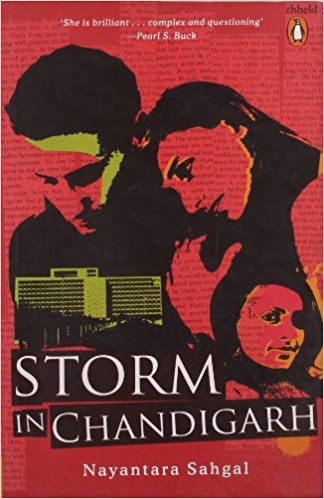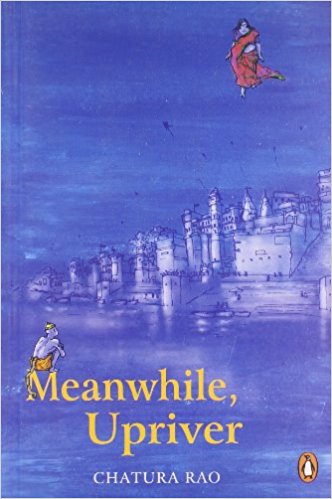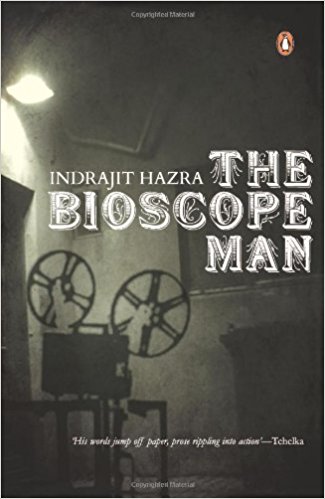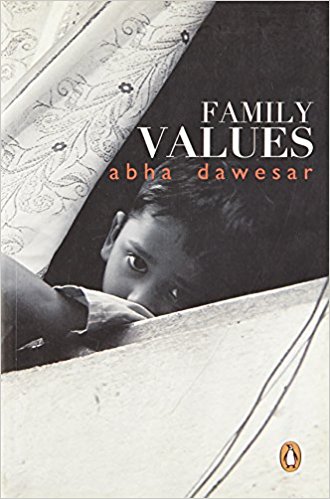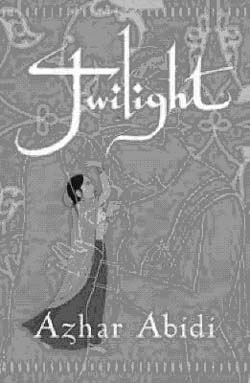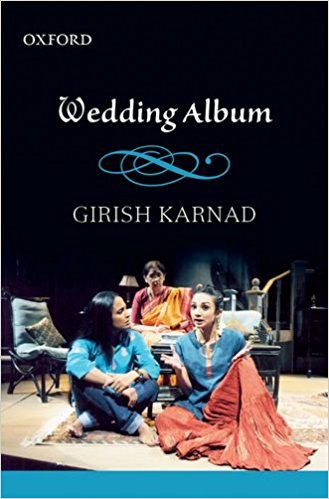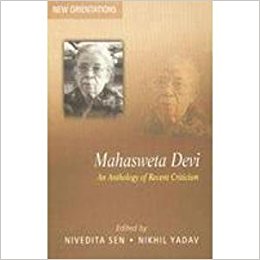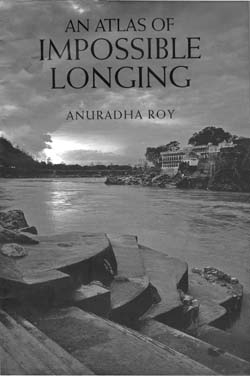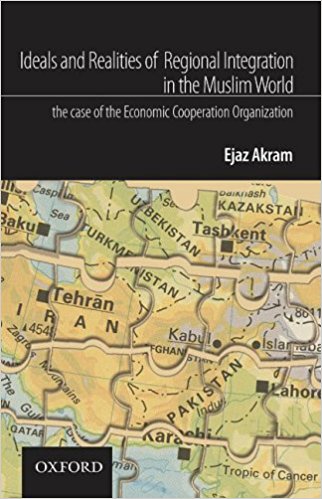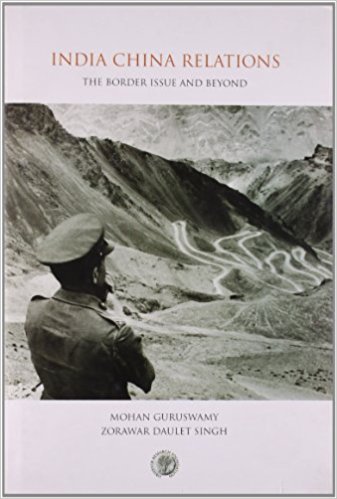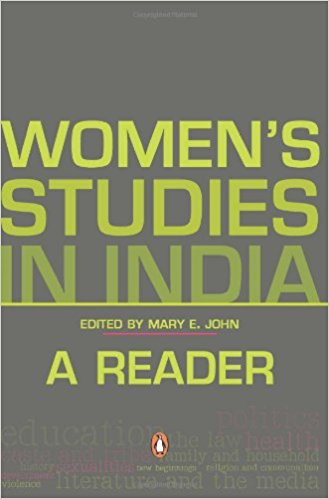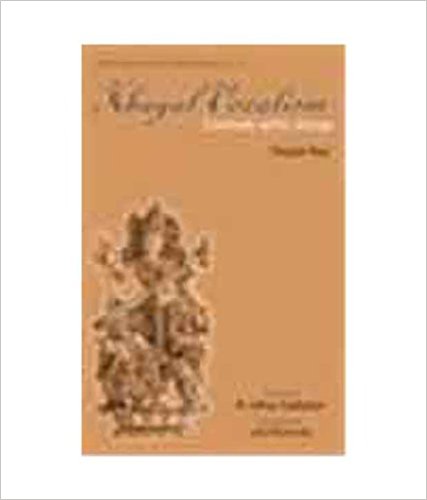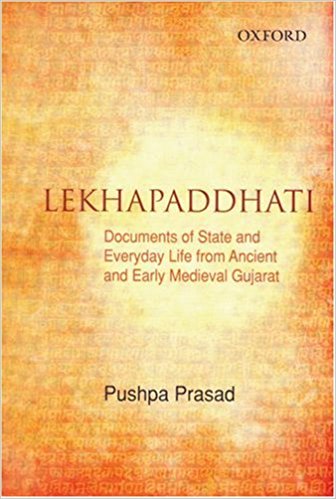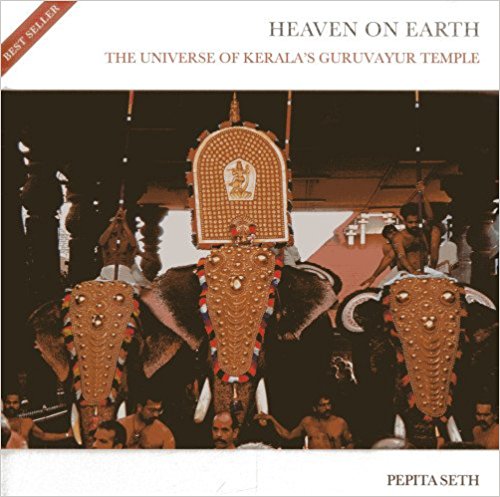Nayantara Sahgal, a prolific writer, has ben awarded the Sahitya Academy Award and the Commonwealth Writers’ Prize for other works of fiction. Two books have recently been reissued by Penguin—Storm in Chandigarh and A Situation in Delhi.
Archives
June 2009 . VOLUME 33, NUMBER 6Chatura Rao’s Meanwhile, Upriver strikes us with its cryptic and yet engaging book cover. An expansive blue backdrop with a suggestive landscape, a monkey man crouching at one end, a fat woman clad in red, floating in the air at the other and both facing each other as if awaiting their meeting, duly summarizes the book.
2009
The movie begins with a regurgitation of not just a half digested Bengali breakfast but also a foreboding of tragedy. Did I just say movie? Indrajit Hazra’s The Bioscope Man may well be a movie, which has been cinematographed in words, for such is the dexterity with which he casts his characters and rolls out his scenes.
2009
Abha Dawesar’s Family Values is written from a perspective of the young boy ‘narrator’ whose unwitting existentialist narrative questions the essence of Indian family values.
2009
This is the second work of fiction by Azhar Abidi. His first work of fiction, Passarola Rising, was ostensibly a work of science fiction set around an imaginary event that occurred in the year 1731.
2009
I must begin with a double disclaimer: I am not familiar with the entire body of Girish Karnad’s dramatic work, and I have not yet seen a stage performance of Wedding Album, Girish Karnad’s newest play. Having gotten that out of the way, here’s getting down to the business of reviewing a new, unusual offering from one of the best known dramatists in the country. In a word, I was surprised.
When E.M.S. Namboodiripad came to Mumbai in the 1950s as the Chief Minister of Kerala, a large number of people received him at the airport and several government vehicles waited to take him to the government rest house. But he sent them all away saying he was in the city for party work.
Octogenarian Bengali writer Mahasweta Devi is in the news again. This time for being the only Indian besides Nobel laureate V.S. Naipaul to be shortlisted for the prestigious Man Booker International Prize that recognizes the lifetime achievement of a litterateur.
The metaphorical ‘atlas’ that describes the hand/ life/ character of Mukunda, the protagonist of this debut novel, can hardly subsume the ‘impossible longings’, the ‘pining for what is not’ that is also attributed to him.
The Economic Cooperation Organization is the fourth incarnation of the regional group that goes back to the peak of the Cold War. In the mid-fifties, the United Kingdom, with the United States lurking in the background, brought Iran, Iraq, Turkey and Pakistan together under the Baghdad Pact to serve as a wall against the Soviet influence in West Asia.
Ever since the Treaty of Westphalia ended the thirty years war in Europe in 1648, modern nation-state boundaries and jurisdiction have been a major area of contention across the globe.
The young author of this book was born in Halifax UK in 1900 and died fighting in the Spanish Civil War in 1936. In a short and rich life Fox not only became one of the founders of the Communist Party of Great Britain but gained a well earned reputation as a novelist, social historian, journalist and translator.
During the last two decades, women’s studies have acquired enormous institutional visibility in India. Started as a scheme within the non-formal education by the University Grants Commission (UGC) in 1986, it was institutionalized in a centre for women’s studies within a few universities. At present there are 66 UGC-sponsored women’s studies centres across India.
Health, nutrition and education are interrelated in such a manner that one cannot really afford to deal with them separately. Unfortunately, our public policy has often tended to undermine this interrelationship where deficiency on one count leads to deprivation on the other.
The book under review is the outcome of a seminar organized by the Indian Council for Research on International Economic Relations (ICRIER), New Delhi, at the behest of the Ministry of External Affairs.
There is much to recommend in Deepak Raja’s book. India’s premier Hindustani vocalist Ulhas Kashalkar has written the Foreword and the Introduction is by Lyle Wachovsky, the well-known American producer of Indian classical music who runs the label ‘Indian Archive’ from New York.
This volume, the jacket flap tells us, is the latest in a series devoted to ‘book history in India’, the subtitle of this edited work. One expects a chronological account of the history of book production and then one realizes that this is not a history of the book in India but book history in India—a capacious category.
In its time, Sanskrit occupied in South Asia a position similar in some respects to that of English today. It was the language of authority and culture, of higher learning and academic research, and of elite intercourse across linguistic and regional divides.
A sthalamahatmya is intended to certify to the importance of a holy place such as a temple, retrieving its imagined past and also occasionally describing the different rituals performed there.

